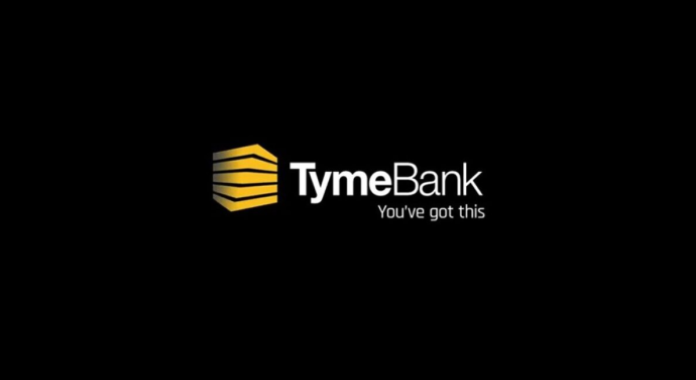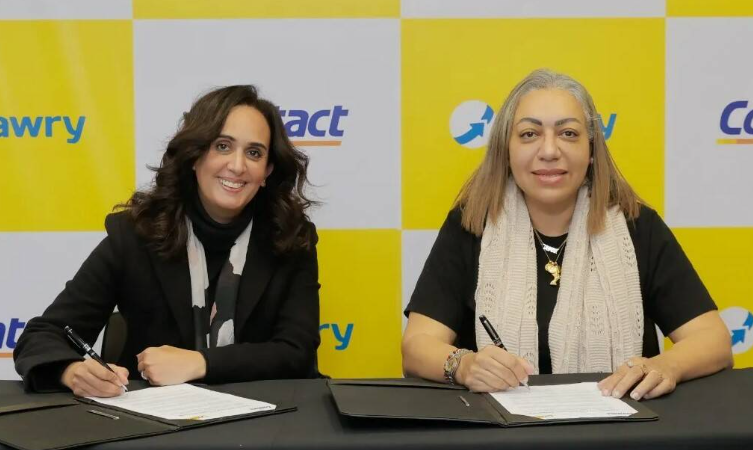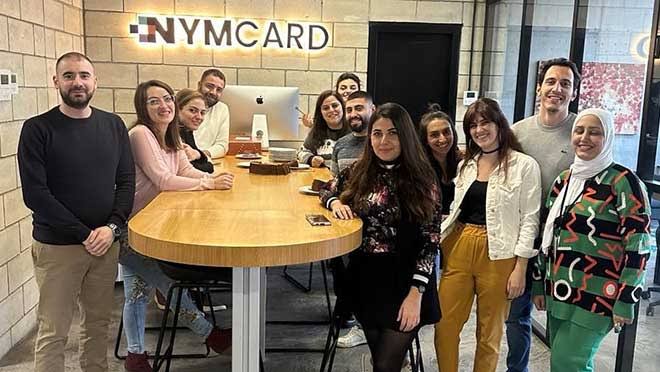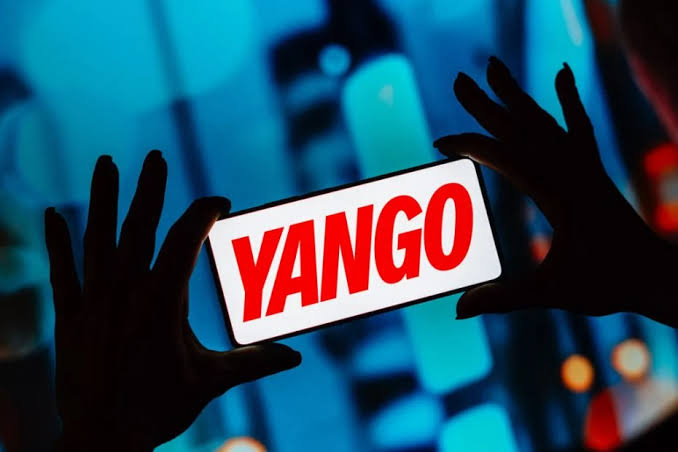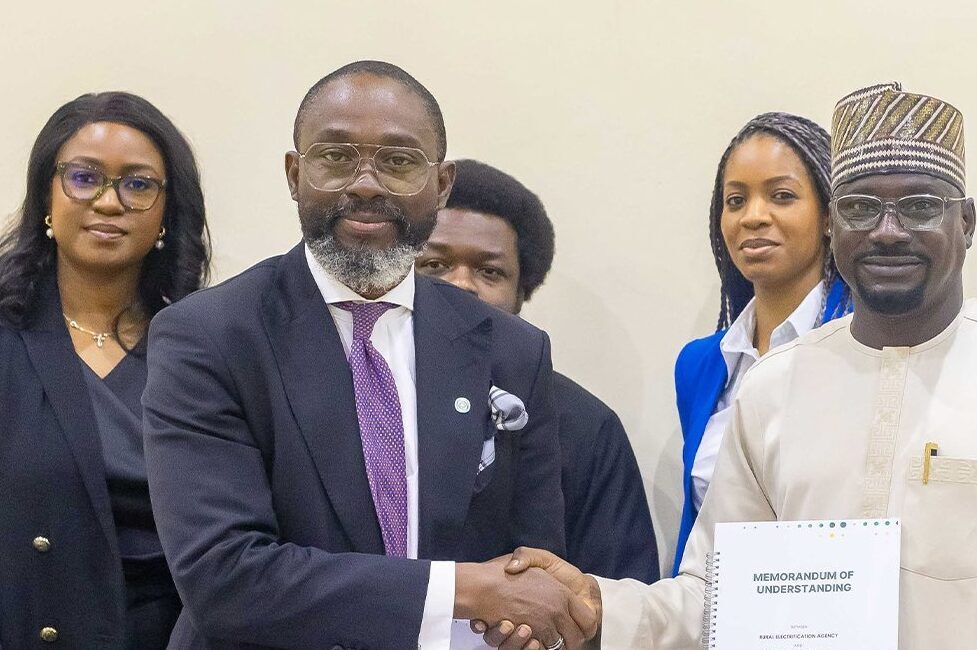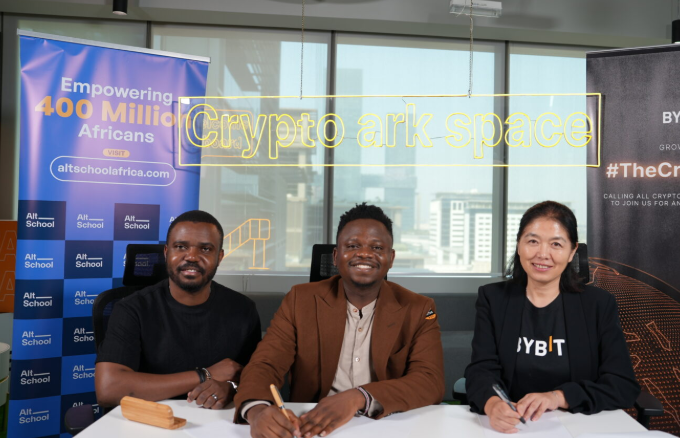Three months after becoming a unicorn, South African digital bank TymeBank has announced a sharp rise in deposits, hitting about R7 billion (roughly $385 million). African Rainbow Capital (ARC), the company’s largest stakeholder, disclosed this information in its interim financial reports.
In its financial report for the six months ended December 31, 2024, the Johannesburg-listed investment firm—which is owned by businessman Patrice Motsepe—provided these figures.
TymeBank, which prides itself on being South Africa’s first digital bank, is owned by ARC with a 57.7 percent ownership.
Read also: Cashplus integrates Western Union for seamless international transfers in Morocco
TymeBank’s 10.7 million customers’ base
The increase in deposits from R6.3 billion (about $347.11 million) in June 2024 highlights the digital lender’s continuous expansion, which culminated in a noteworthy milestone of 10.7 million clients by the end of December.
The bank’s steady monthly increase in revenue-generating transactions and high net promoter score, which indicates excellent customer happiness, were highlighted by ARC.
During the reporting period, TymeBank’s parent company, Tyme Group, which also includes its overseas business, Tyme Global, reported a net fair value gain of R27 million (roughly $1.49 million).
This increase was made in spite of Tyme Group’s overall valuation declining, which ARC ascribed to a decline in Sanlam’s investment’s valuation, which fell from R3.92 billion (about $215.98 million) to R3.45 billion (around $190.08 million).
TymeBank’s unicorn status after $250 million Series D fundraising round
In December 2024, TymeBank and Tyme Global divided their reporting structures after a $250 million Series D fundraising round.
Tyme Group achieved the coveted unicorn status after this fundraising round helped the company reach a $1.5 billion valuation. Nu Holdings, the parent firm of Nubank and a well-known financial technology behemoth in Latin America, spearheaded the fundraising.
ARC stated that in order to better match shareholder interests, it increased its investment in TymeBank proportionately during the capital raise. Nevertheless, it also admitted that in order to reflect the pricing decided upon during the Series D round, TymeBank’s valuation was “conservatively adjusted downward by R324 million (approximately $17.85 million)”.
Read also: Zircon Extraction in Senegal: Economic gain or environmental loss
ARC maintains optimism over TymeBank’s future
ARC maintains optimism over TymeBank’s future in spite of this valuation adjustment, emphasising that the bank has shown “consistently higher growth in customer onboarding compared to international peers.”
TymeBank is making significant investments in long-term strategic projects, such as artificial intelligence and advanced data analytics, with the goal of improving customer experience and creating cutting-edge solutions.
ARC thinks these expenditures are crucial for bolstering TymeBank’s competitive position and guaranteeing steady long-term growth, even though they might put short-term pressure on profitability.
Additionally, the bank has forged strategic alliances with prominent fintech and retail firms, such as TFG, Boxer, Pick n Pay, and Kazang.
TymeBank wants to increase its lending portfolio in the future in order to improve its capacity to generate income. From R1.9 billion (about $104.68 million) to R2.3 billion (around $126.72 million), net advances have grown.
The bank intends to use its current infrastructure and clientele to launch additional secured lending products, like auto financing.
TymeBank has a bright future as it establishes its place in the South African banking market thanks to its steady expansion and wise investments.
